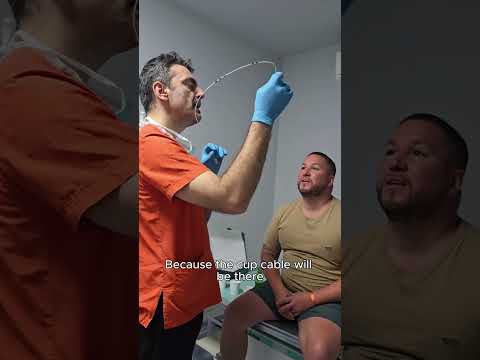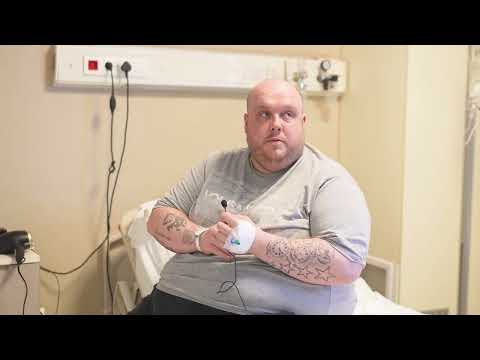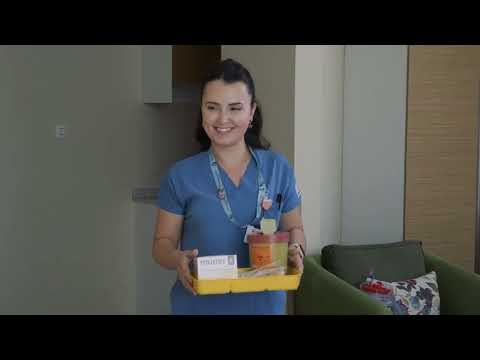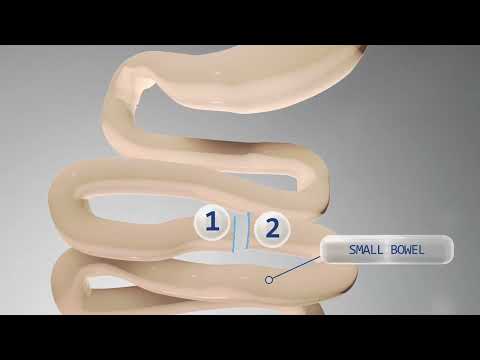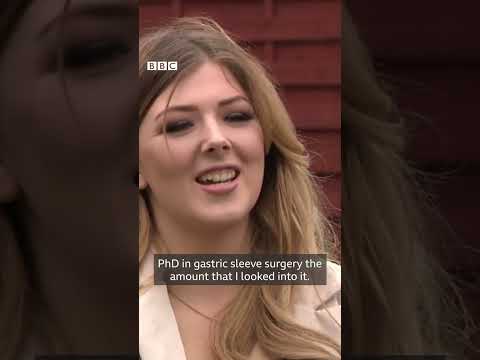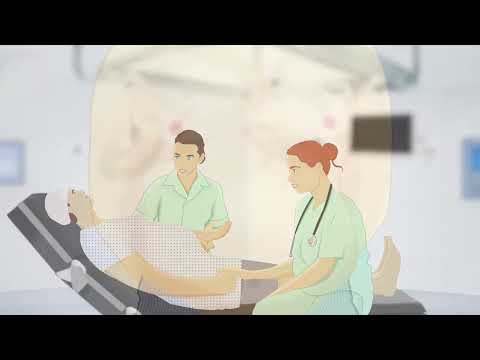Thanks for Katie's comments
Calculate Your Cost / Price
Thanks for Katie's comments
FQ About Gastric Balloon Clinic in Antalya / Turkey
Chronic gastritis is a long-lasting inflammation of the stomach lining that can lead to complications like ulcers or an increased risk of stomach cancer. Common causes include H. pylori infection or autoimmune disorders. Patients may need ongoing treatment with medications to reduce stomach acid and eradicate infections.
An infection in the stomach is commonly caused by bacteria like H. pylori, which can lead to gastritis, ulcers, or even stomach cancer. Symptoms of a stomach infection include nausea, vomiting, diarrhea, and stomach pain. Treatment involves antibiotics and medications to reduce stomach acid and heal the stomach lining.
Sleeve gastrectomy is a common type of bariatric surgery where approximately 75-80% of the stomach is removed, leaving a smaller, tube-like stomach or "sleeve." This surgery is irreversible and promotes weight loss by limiting the amount of food the stomach can hold and reducing the production of ghrelin, the hormone responsible for hunger. The procedure has gained significant popularity in Turkey due to its lower cost, experienced surgeons, and advanced medical facilities.
RNY reversal is the process of undoing the Roux-en-Y gastric bypass. Although rare, reversals are sometimes necessary due to complications such as malnutrition, severe dumping syndrome, or other medical issues.
A doctor for gastric issues is typically a gastroenterologist, a specialist in diagnosing and treating conditions related to the digestive system. Gastroenterologists treat conditions such as acid reflux, gastritis, ulcers, and irritable bowel syndrome (IBS).
The "Slimming Pen" refers to injectable medications like Saxenda and Wegovy (semaglutide) that help with weight loss. These medications regulate hunger hormones, helping users feel fuller and eat less. They are prescribed for individuals who need additional support in managing their weight, especially when diet and exercise alone arent sufficient. Theyre increasingly popular in the UK, with potential NHS coverage for certain patients.
Gastric balloon removal is a relatively simple procedure, typically performed under mild sedation. The balloon is deflated and removed through the mouth via endoscopy. Most patients report minimal discomfort during the removal process. However, it is essential for patients to maintain a healthy lifestyle after removal to prevent regaining the weight lost during the balloons presence.
Gastric sleeve results are typically impressive, with patients losing 50-60% of their excess body weight within the first year. The surgery also leads to improvements in obesity-related conditions like diabetes, hypertension, and sleep apnea. Long-term success depends on the patients ability to maintain a healthy lifestyle post-surgery.
In addition, avoid the ancillary foods that can be even worse than the fast-food entrée itself. Sodas, french fries, other fried sides and even salad dressings can all contain tons of fat, sugar and ultimately calories Caffeine can be a stomach irritant, causing discomfort in the abdominal area which can, in turn, complicate early recovery after bariatric surgery. Caffeinated food and drinks can cause weight regain. Can you fly after gastric sleeve surgery? There is no reason why you should not fly as normal with... +More
A full-body lift involves making multiple incisions around different target areas of the body. These incisions can be minor or severe and differ for each patient, depending on the amount and location of fat on their body. This makes the full-body lift an extremely personalized cosmetic surgery.Targeting a particular area, the surgeon makes an incision, exposing the underlying tissue and muscles. The extra fat, skin, and tissue are removed, followed by tightening of the muscles. The remaining skin is repositioned... +More
RNY (Roux-en-Y) gastric bypass and the gastric sleeve (sleeve gastrectomy) are two of the most common bariatric surgeries. While both procedures restrict the stomachs size, the RNY bypass also reroutes part of the small intestine, reducing calorie absorption. The sleeve removes a large portion of the stomach without altering the intestines. The choice between the two depends on the patients health, goals, and surgeon recommendations.








